Nureyev
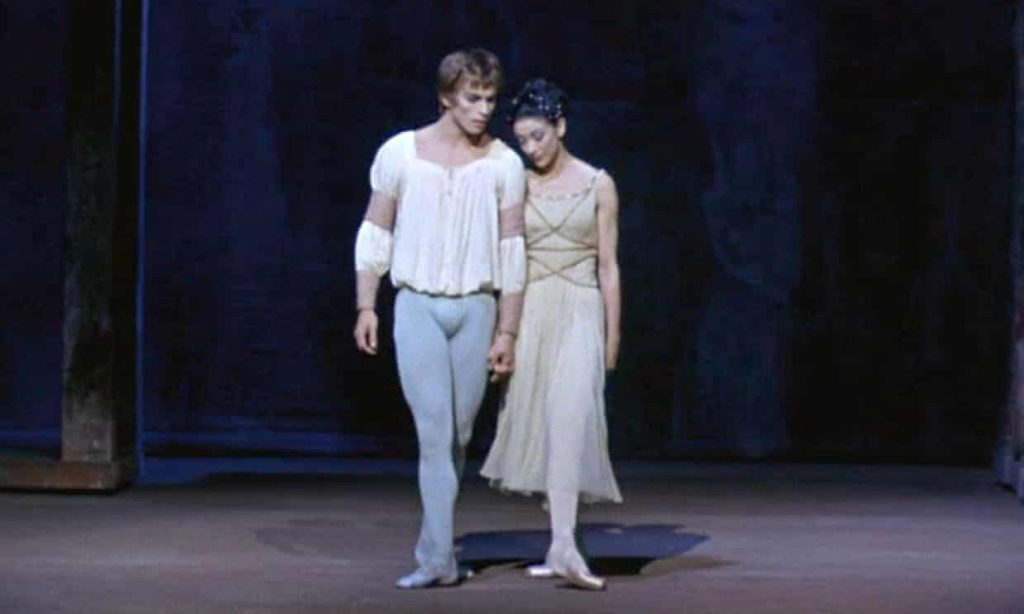
Documentaries centred around a single figure have a delicate line to walk. These people are often legends, their place in history already cemented and their exceptionality established. The feature must recognise and celebrate this greatness without pandering and while also being a good film in its own right. By taking on an icon as controversial, larger than life and talented as Soviet ballet dancer Rudolf Nureyev – whose intense fame has waned in recent years – David and Jacqui Morris took on a huge challenge.
To bring such a bold character to the screen, the filmmaking duo made smart use of archive material. Contemporary interviews with Nureyev and his friends and dance partners are laid over footage of the performer not just on stage but swarmed by paparazzi or fooling around at home. The arrival of this footage on the big screen brings the subject’s physicality to life, the animalism and strength behind the structure of dance coming through alongside his wry sense of humour. This curation of materials is also used to build a compelling picture of the intersection between the dancer’s art, personal life and the political landscape around him, both in terms of his Soviet background and his place in the tragedy of the AIDs crisis.
However, Nureyev’s life also threw some obstacles into the filmmaker’s path. Certain vital episodes of were private and unfilmed, especially in his earlier years. His development of key friendships and cultural knowledge in the kitchens of Leningrad, for example, and his defection to the West in a Paris airport, are two notable moments. To fill in these filmic gaps, the Morrises used highly ornate and conceptual modern dance sequences, dramatising these moments. Although a good idea in theory, in practice the clear-cut images jarred with the archive footage while the dancers’ choreography, although admirable, looked clipped and amateur in comparison with that of Nureyev. This tendency for the filmmaking to indulgently intrude on the narrative also comes through in the quotes used to punctuate chapters, which come from a huge variety of sometimes clichéd sources, their connection to the subject unclear.
It is the strength of Nureyev himself that carries this documentary through. His story, character and athleticism are so fascinating and beautiful that this could not help but be a good documentary. Although sometimes hampered by the editing and direction, he is a fitting leading man for film as well as dance.
Cleo Henry
Nureyev is released in select cinemas on 25th September 2018.
Watch the trailer for Nureyev here:

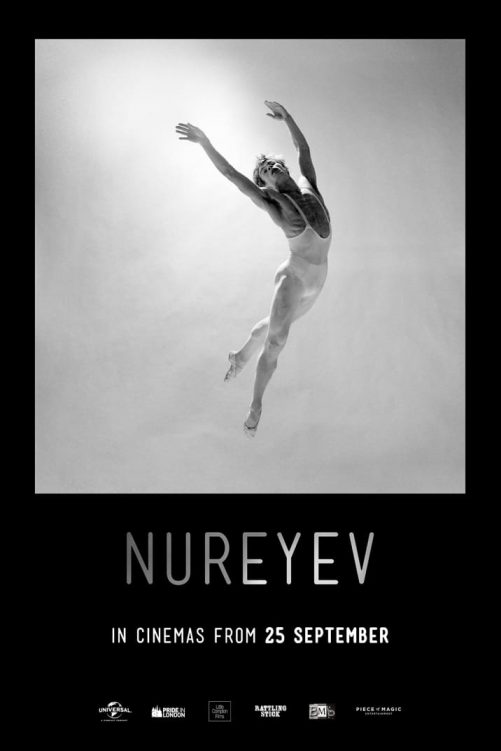

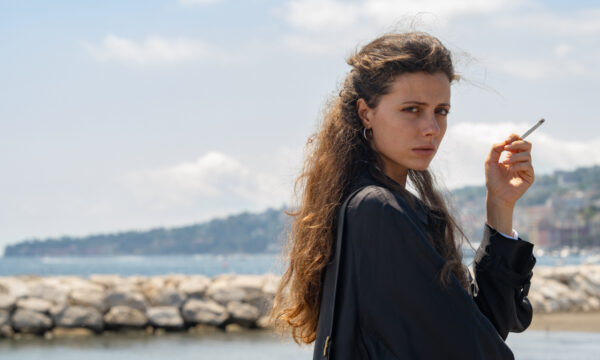















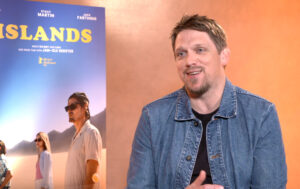
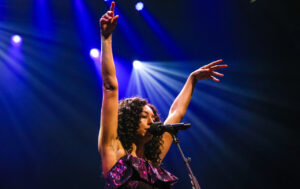



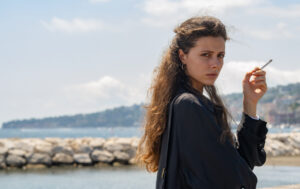
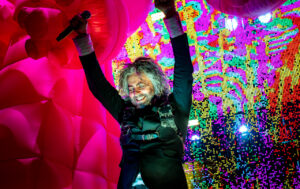
Facebook
Twitter
Instagram
YouTube
RSS